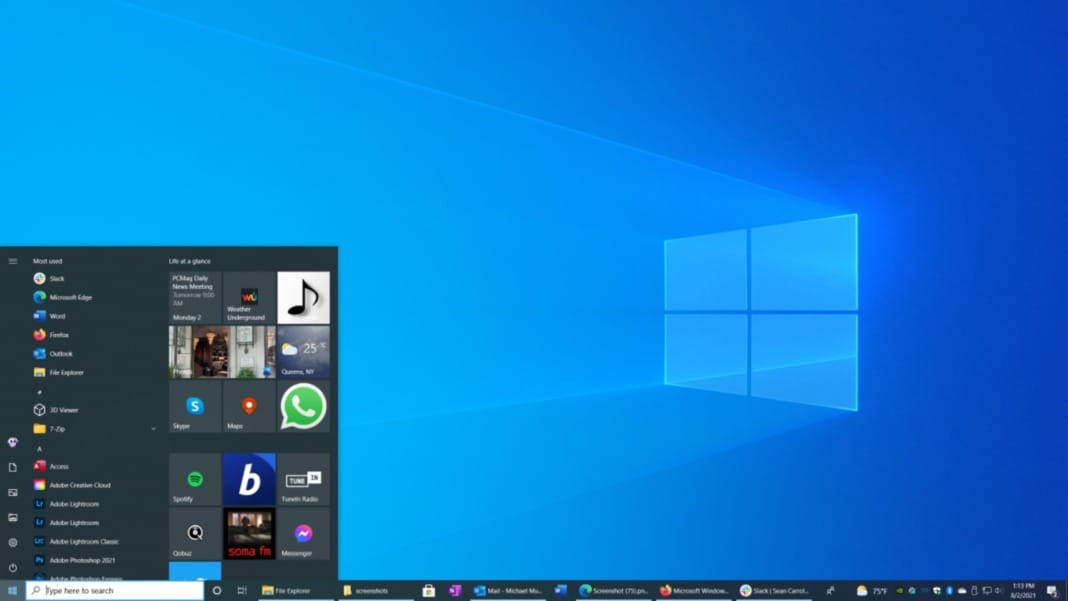Microsoft is facing challenges with the adoption of Windows 11, as recent data from Statcounter indicates a decline in its market share, with more users reverting to Windows 10. After peaking at 28.16% in February 2024, Windows 11 has seen a decrease, now sitting below 26%.
From March to April 2024, Windows 11’s market share dropped significantly from 26.68% to 25.65%. Concurrently, Windows 10’s usage has increased, surpassing the 70% mark for the first time since September 2023. This indicates a clear preference among users to stick with or return to the older, more familiar version of Windows.
Despite no longer receiving official support and reduced developer engagement, Windows 7 maintains a presence on about 3% of all Windows PCs. This persistence highlights the reluctance of some users to upgrade, even when support for their operating system has ceased, due to compatibility issues or hardware limitations.
Microsoft plans to introduce new AI capabilities in Windows 11, which might encourage some users to upgrade. However, the effectiveness of this strategy may be limited if new features require newer hardware, potentially discouraging users with older PCs from updating their operating systems. With support for Windows 10 ending in October 2025, users have limited time to decide whether to upgrade their systems or continue using an unsupported version.
Despite offering the upgrade to Windows 11 for free, many users remain hesitant to switch, influenced by Microsoft’s aggressive marketing tactics, including intrusive pop-up ads. The upcoming Windows 11 24H2 update will be a critical moment for Microsoft to boost adoption rates, but it remains uncertain whether this will significantly change user preferences.





